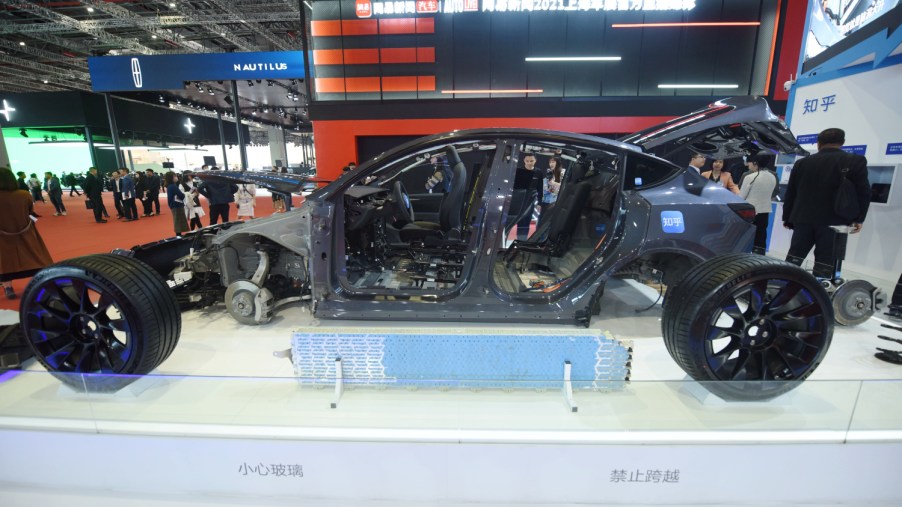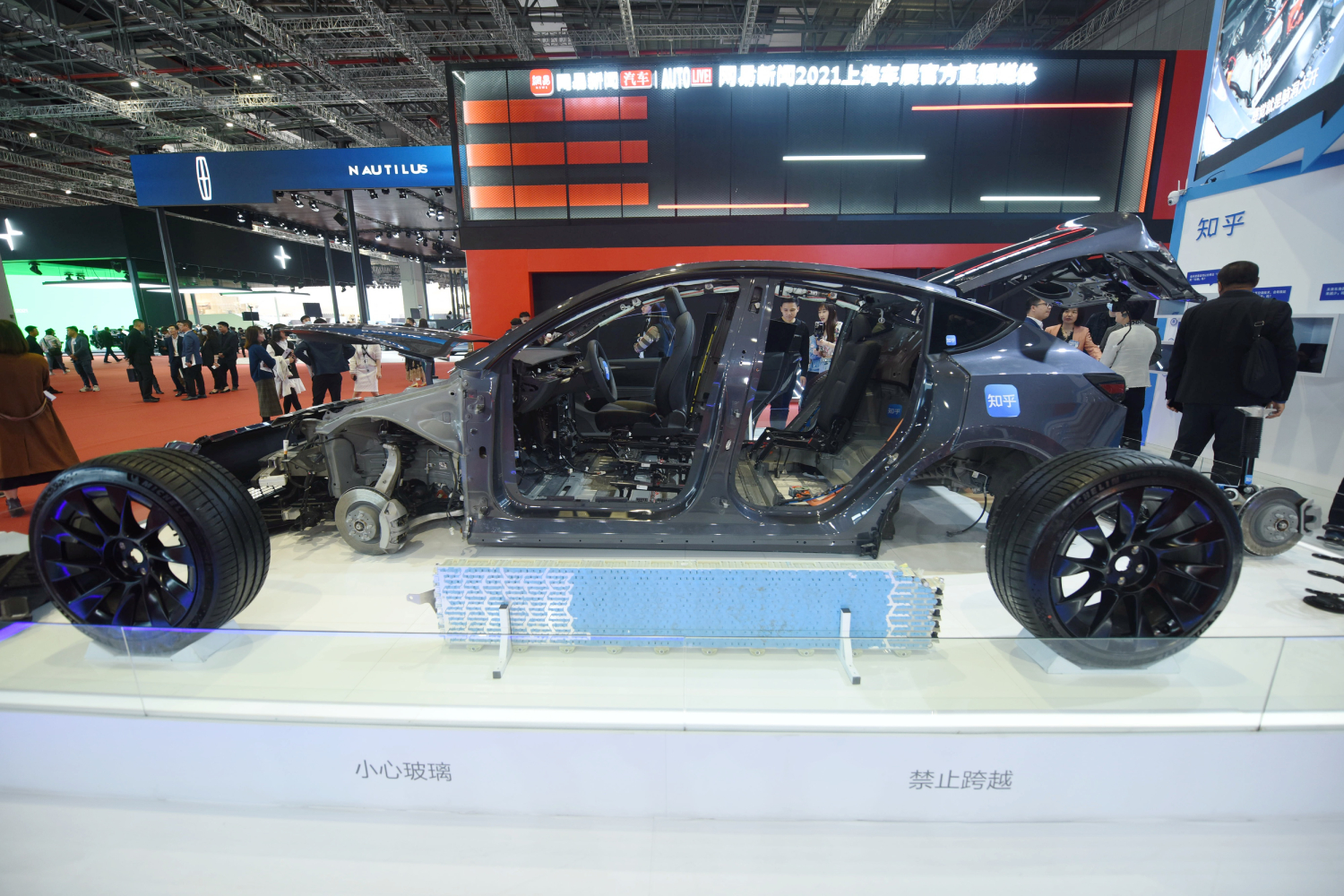
Tesla Escalates Lawsuit Against Rivian Over “Stolen” Battery Technology
Drama in the electric vehicle universe is not uncommon. Last year, Tesla filed a lawsuit against Rivian, claiming the company stole information about electric vehicle battery technology. Where does the case stand now, over a year after the initial suit was filed?
What is the Tesla vs. Rivian lawsuit about?

The lawsuit is Tesla Inc. v. Rivian Automotive Inc., 20CV368472, in the California Superior Court. The complaint filed by Tesla claims that Rivian violated the Uniform Trade Secrets Act, a breach of contract, and intentional interference with a contract. Tesla company filed this back in Jul. 2020, but just moved forward again this week.
According to Bloomberg, Tesla believes that Rivian has been poaching employees to access “highly proprietary” battery technology. Since filing the suit, Rivian has continued to bring former Tesla employees on to help develop technology for Rivian. Tesla insists that Rivian was “caught red-handed” stealing technology this summer, though it doesn’t go into how. Tesla has been working on creating its own battery technology in-house to drive down prices.
“Now apparently under pressure from investors after nearly a dozen years without producing a single commercial vehicle, Rivian has intensified its unlawful efforts.”
Tesla
Thus far, Rivian has declined to comment.
Does the Tesla Rivian lawsuit have any merit?
Rivian has recently announced that the company is planning an initial public offering. The company is looking for an $80 billion valuation, and Elon Musk isn’t having it. Recently, a California state court judge allowed Tesla to add new information and three former employees to the case. The names of these employees have not been released.
Rivian objected to these claims and noted that the claims were not based on fact. Additionally, the EV truck maker says that expanding the scope of the case will delay any progress made. The new EV brand requested a dismissal back in March and was denied. The courts seem to agree there is reason to broaden the case given the current evidence.
“Here, defendants contend that Tesla has not alleged plausible facts to support its contention that defendants acquired confidential battery information. That contention has some appeal to it.”
Peter Manoukian | California Superior Court Judge
According to the judge, Tesla has not provided information about which trade secrets former employees spilled. The company also hasn’t shown that the knowledge gained was secret. Tesla is adamant that the information was “highly sensitive, trade secret information that would give Rivian a huge competitive advantage.” Perhaps this information will be revealed down the line.
The case is at a standstill for now
At this point, it seems that Tesla hasn’t provided enough information to prove that Rivian stole such information. Rivian is taking this as a way to deny wrongdoing. There won’t be much movement until Tesla can tell the courts what Rivian was “caught red-handed” stealing. As it stands right now, the Rivian R1T electric truck beat the Cybertruck to the market. It couldn’t be worse timing for the R1T truckmaker who is hoping to go public later this year.
The R1T is set to start deliveries this month which makes this suspicious timing from Musk. Until someone provides such evidence, the court doesn’t have much to go on. There is a lot riding on the launch of this electric truck and the other trucks that follow later in the year.



